Pay it forward
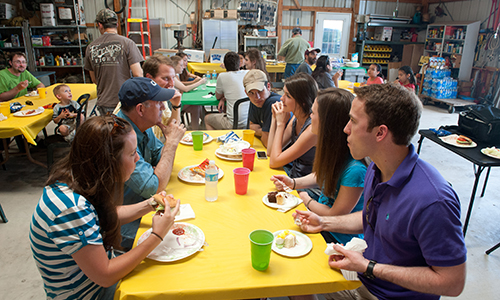
When Dr. C. Moody Alexander invited Dr. Mark Gannaway to lunch on a spring day back in 2007, it’s safe to say he had an ulterior motive. Then president of the Texas Section of the International College of Dentists, Alexander, clinical professor and former chair of orthodontics, wanted to talk with Gannaway about an inspiration he had for a mentoring program.
It didn’t take long before Gannaway was hooked.
Over a hospital casserole, he listened, riveted, as Alexander outlined his vision for a program that would benefit first-year students through mentoring relationships with upperclassmen, faculty members and practicing Dallas-area dentists.
“As we know in the wisdom of the ages, ‘there is no free lunch,’” says Gannaway, associate professor in restorative sciences and the program’s director. “But Moody’s vision was contagious. All I had to do was bring it to life by organizing groups and putting people to work doing what they already wanted to do: mentor students.”
And Great Expectations was born.
It took Gannaway a year of planning before the mentoring program could become a reality at Texas A&M University Baylor College of Dentistry. Since then, an interesting trend has emerged. While the rate of first-year student participation in Great Expectations has remained constant at close to 100 percent since the program began in 2008, the number of mentors volunteering to participate has grown exponentially. For example, third- and fourth-year dental student mentors increased from 30 in 2010 to 50 in 2011.
Great Expectations now boasts a handful of mentors from the Dallas County Dental Society, which has supported the program from its outset by hosting an annual dinner for student participants. The dinner is just one of five meetings a year, where participants meet at mentors’ homes or offices and even trek to the ranch of 1984 alumnus Dr. Larry Herwig for a year-end barbecue.
So what is it about the Great Expectations program – an American Dental Association Golden Apple Award honoree – that has mentees of days gone by clamoring to stay involved, even after they’ve finished that dreaded first year of dental school, or in some cases, received their dental degree? To get a better idea of the big picture, some of the program’s key players get candid about how Great Expectations has helped them.
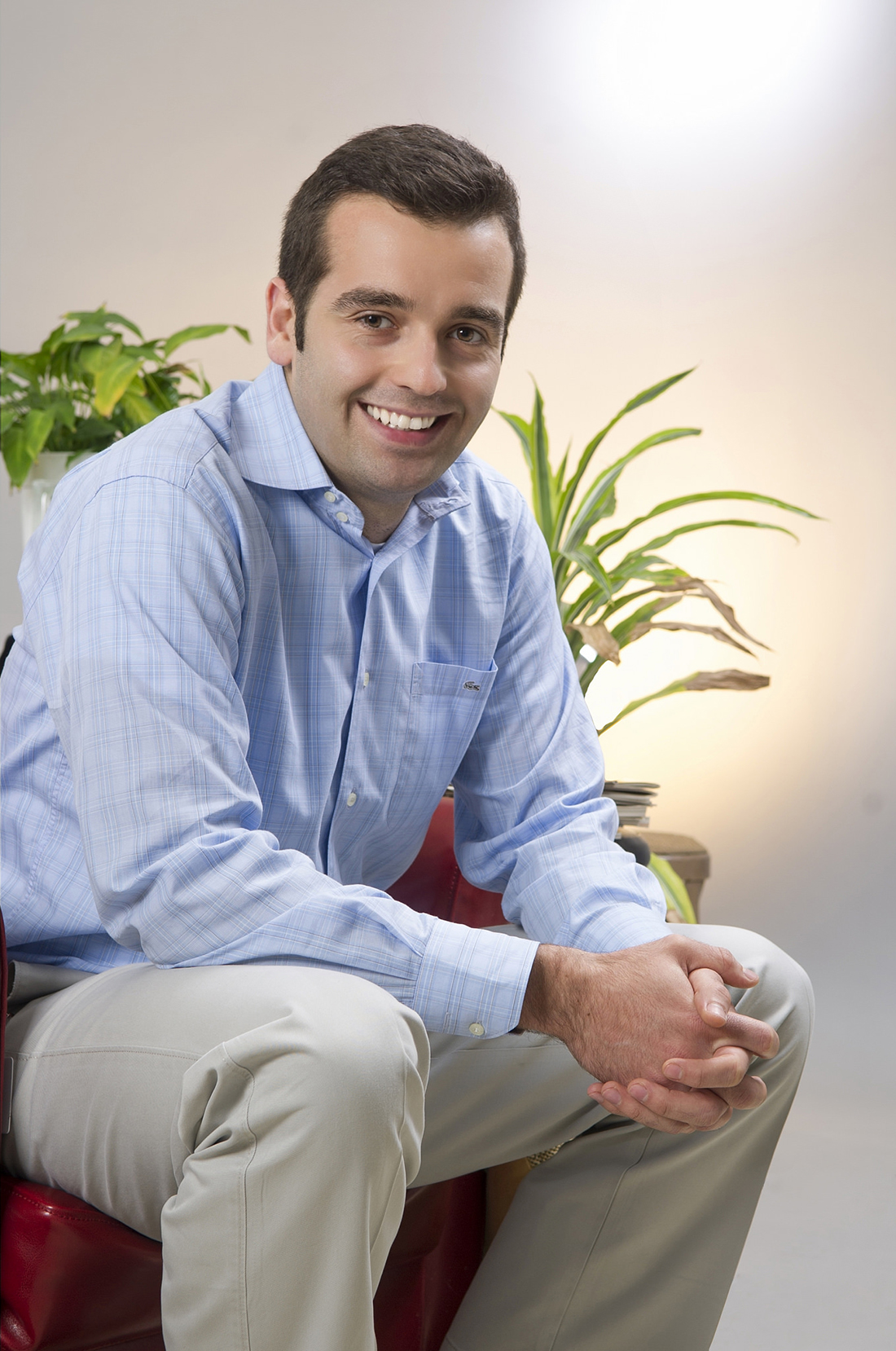 The mentee: Armin Aliefendic, second-year dental student
The mentee: Armin Aliefendic, second-year dental student
How Great Expectations helped him transition to dental school: “First off, you’re lucky, because you have the third- and fourth-year students there to help you. Immediately they tell you it’s going to be all right, that ‘we got through it.’
“It’s also nice hearing it from an instructor, to have them tell you, ‘I was at Baylor 30 years ago, and it kicked my butt and I got through it.’ They try to get your mind off school.”
On Great Expectations’ other benefits: “It was really nice because we had a little support group outside of school. It helps that the people who are your mentors are the people you really look up to. Dr. Gannaway was my mentor, and he would invite us over to his house for dinner and send us emails to see how we were doing.
“I got really lucky because the group that I was assigned with, they’re my best buddies now. It was just a great thing to do outside of school that helps you in school.”
Great Expectations experience that stuck out as a highlight this year: “The ranch did for me. I stood out in the sun and fished with Dr. Gannaway and Dr. McWatters. It was really nice.”
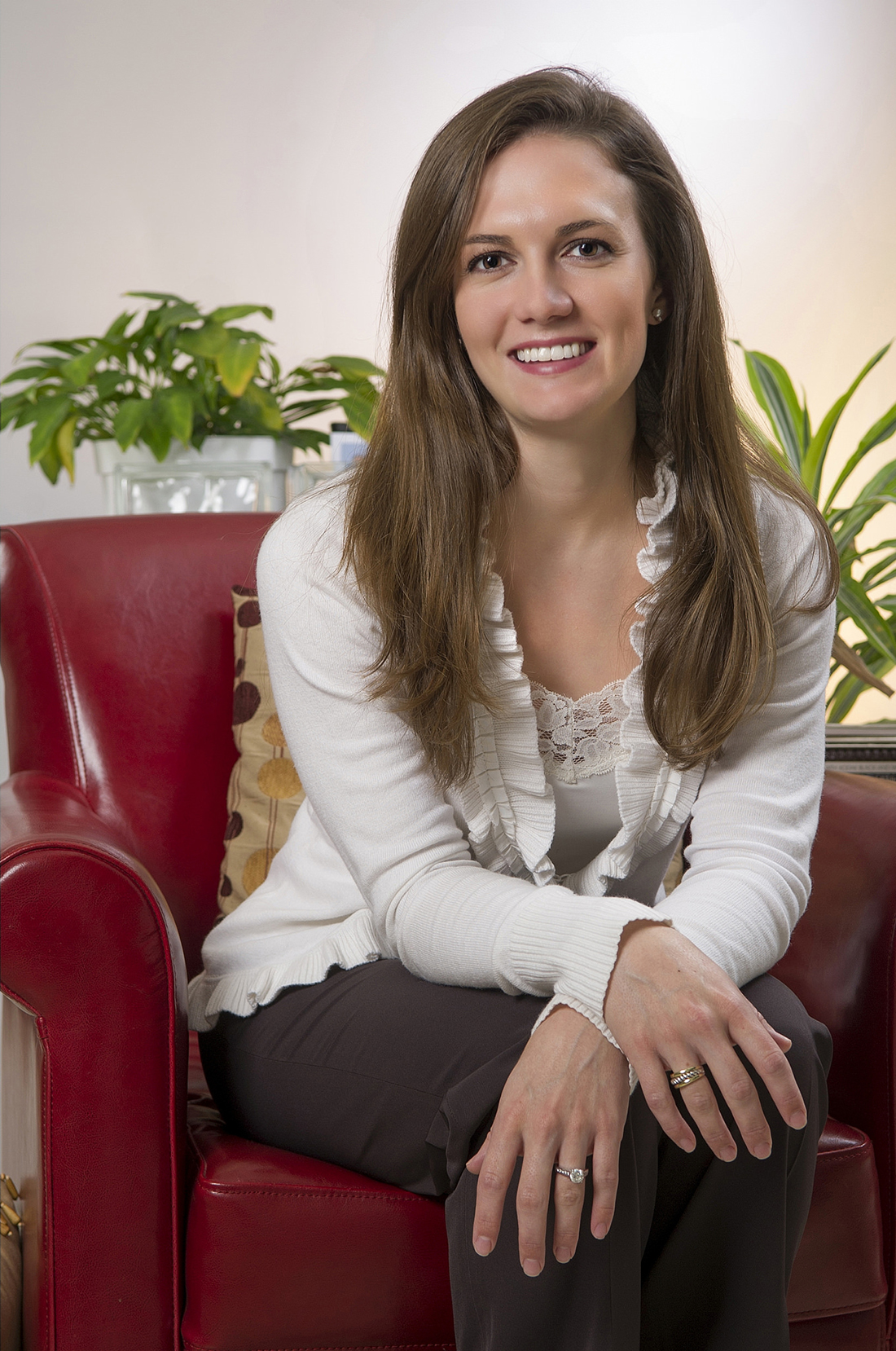 The student mentor: Allison Fields, fourth-year dental student
The student mentor: Allison Fields, fourth-year dental student
When she got involved with Great Expectations: during her first year in fall 2009
Rewards of being a Great Expectations student mentor: “There is no way I would be where I am without the help of the classes before me. I want to give back. That’s kind of how dental school works: You always help the classes beneath you because you know you wouldn’t have made it without help from the classes above you.”
Why she returned to the program as a mentor: “After I finished my first and second years at TAMBCD, I looked back and realized how much I’d learned about what, when and how to study in dental school, and I wanted to share that knowledge. For the D1s, talking to third- and fourth- year students who made it through their first year alive helps them realize that they can survive, too. Student mentors can empathize with mentees and give them encouragement that no instructor, spouse or parent can give because we still remember what it was like to be a D1.”
Favorite Great Expectations experience: “One of my favorite parts of the Great Expectations program is meeting at the dentist mentor’s office. As a D1, it’s not easy to see past the five tests you have next week. Spending an evening touring a dental practice and listening to the dentist explain how the basic sciences actually do apply to practicing dentistry helps to broaden students’ perspectives and revitalize their passion for dentistry. Helping them to remember why they wanted to go to dental school in the first place can make their two hours away from the books completely worthwhile.”
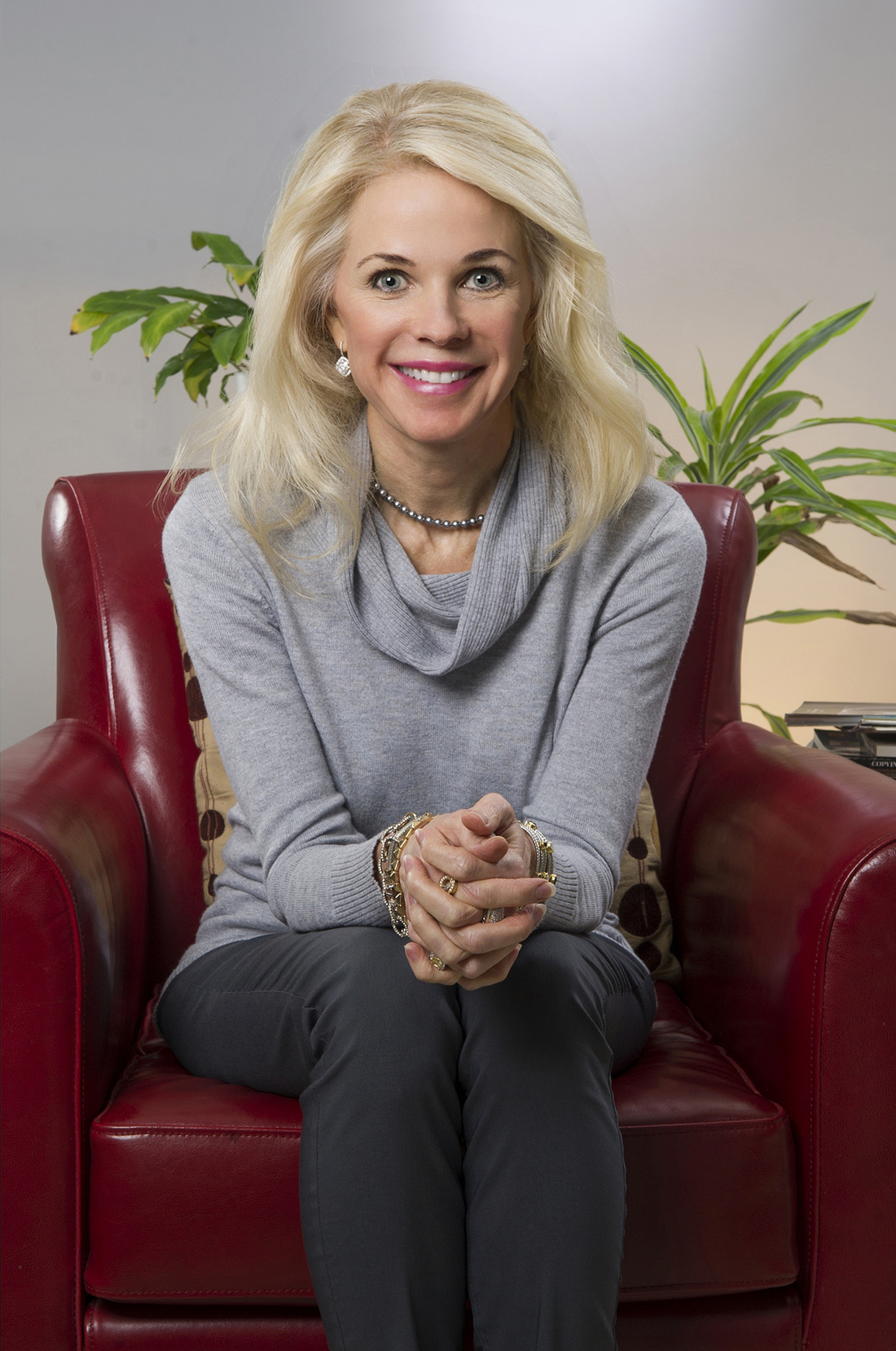 The faculty mentor: Dr. Beverly York ’75, ’81, associate professor in restorative sciences
The faculty mentor: Dr. Beverly York ’75, ’81, associate professor in restorative sciences
When she started as a faculty mentor: 2008
Rewards of being a Great Expectations faculty mentor: “This is a difficult question to answer. There are so many things I love about this program. Perhaps the most rewarding aspect is walking alongside these brilliant young men and women and seeing their thirst for knowledge and their passion for making a difference in people’s lives.”
Why she decided to become a mentor: “Knowing that it was a vision of Dr. Moody Alexander, I knew that it would be something worth investing my time in. I love teaching and thought this would provide an opportunity for me to connect with students in a nonclinical, non-classroom setting. In this more informal setting I am able to — hopefully — make a difference in their lives both professionally and personally as they navigate through this difficult first year in dental school.”
Why mentors benefit just as much from the program as first-year students: “It’s an opportunity for us to enjoy a different dynamic with the students … and so it gives us an opportunity to get to know their concerns and feelings in a more personal and meaningful way. Great Expectations helps balance the professional with the personal to build trust, compassion and understanding.”
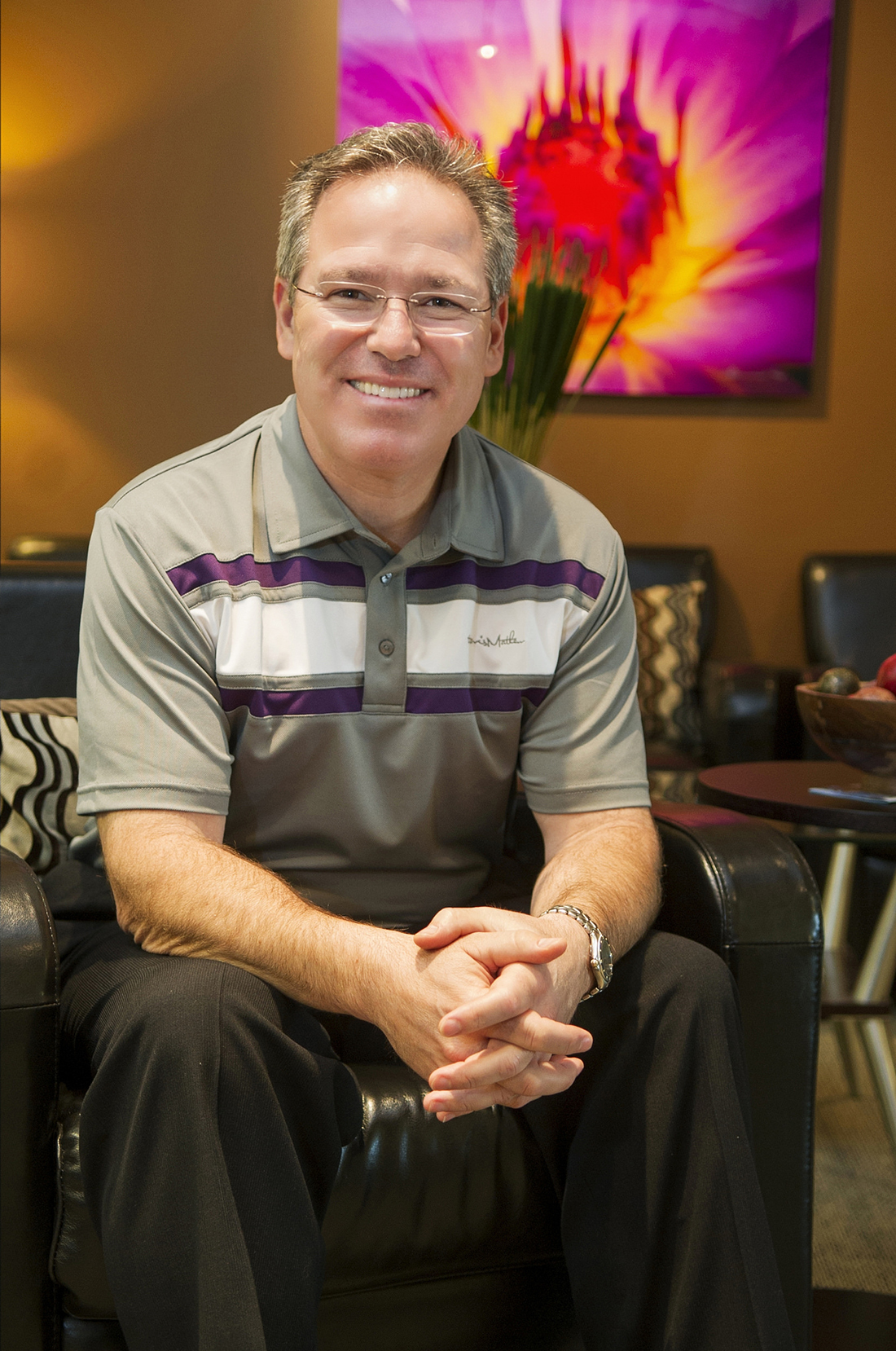 The International College of Dentists mentor: Dr. Bill Gerlach ’87
The International College of Dentists mentor: Dr. Bill Gerlach ’87
When he started as an ICD mentor: 2008
What he does when students visit his Plano-based practice, Gerlach Dental Group: “First of all, they are always interested in the technology that we have. We show them how to use it, and then we let them use it. I happen to work in a really neat facility — Lone Star Crossing — that has eight different dental practices, five of which are specialty practices. It’s an interesting model, and the students seem impressed about how we go about comprehensive dentistry. We’re able to show them how each of them are set up, and the students seem to enjoy that.
“At the meeting, we talk about culture, and we talk about skills. From a skills standpoint, dentistry is a science as much as it is an art. And then we talk about culture and how in our practices, the culture of the office drives really all of our decisions. We talk about the importance of having a culture, and not just going to work every day and seeing how many teeth you can fill and how many teeth you can fix.”
Rewards of being a Great Expectations ICD mentor: “The greatest reward of all of this is watching how the students make their career decisions. After dental school, four years from now, how are they going to approach their careers? What kind of dentistry do they want to do; are they going to specialize? What kind of practice do they want? Do they want a volume-driven practice or a quality-driven practice?
“We really do have the ability to influence how they approach their career as opposed to just going to get a job. Frankly, that’s the reason I do this.”
Why mentors benefit just as much from the program as first-year students: “When I meet with the students, it’s at five events each year, and they are very well planned out. It allows the mentors to present material that we know will benefit the students from a growth standpoint. In the mentoring program, I’ve had access to all kinds of different approaches to how we get our point across to the students. That comes from other mentors. It’s broadened my horizons just by being exposed to the different tools the other mentors are using.”
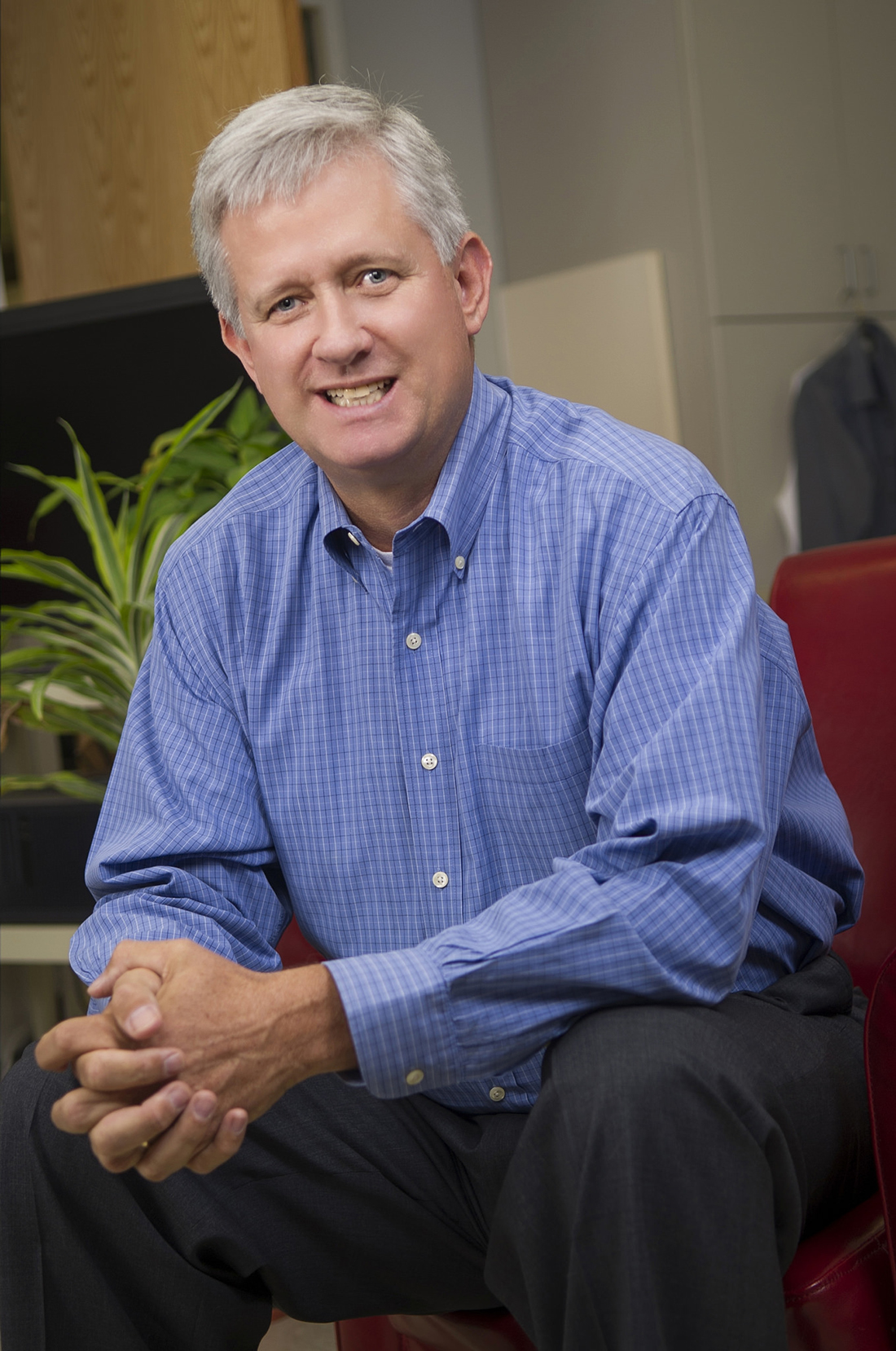 The organizer (and faculty mentor): Dr. Mark Gannaway ’81
The organizer (and faculty mentor): Dr. Mark Gannaway ’81
How student mentor numbers shaped up for the 2012-2013 academic year: “We had 51 D3 students want to participate this year. We had to cull it down to about 20 or so, due to space limitations, but this is a nice problem to have. Last year we found the larger number was hard to incorporate into the small groups, and the venues we have available to us were getting too tight. Ideally we would like to have two D4 student mentors and two D3 student mentors for each group, with a few subs for life’s little emergencies. This number keeps it a ‘small group setting.’”
On potential plans to incorporate second-year students: “As our statewide leadership team met in July 2012, we commented this was a weakness in the continuity of our program. The other schools do include the D2 class in different ways. We may try this next year and see how it works for TAMBCD. Flexibility is a key to the programs at all three Texas dental schools. We can adjust as we go.”
Benefits the Great Expectations program offers to mentors: “We learn as much as the new students do. We also have had student mentors become associates in private practice with their Great Expectations mentors. The program provides good connections for both.”
His take on how readily dentists volunteer to be mentors: “We like to have the residents in the graduate programs help us out as mentors. Most TAMBCD alums will continue while they are in their respective programs. Some have to opt out, as their research and stuff may squeeze their busy schedules. We have had recent graduates who participated in the mentoring program as students and want to continue when they graduate; I have three this year who want to help out, which is great. I have had other Dallas-area dentists come up to me at the various dental meetings and ask to be put on the list!”
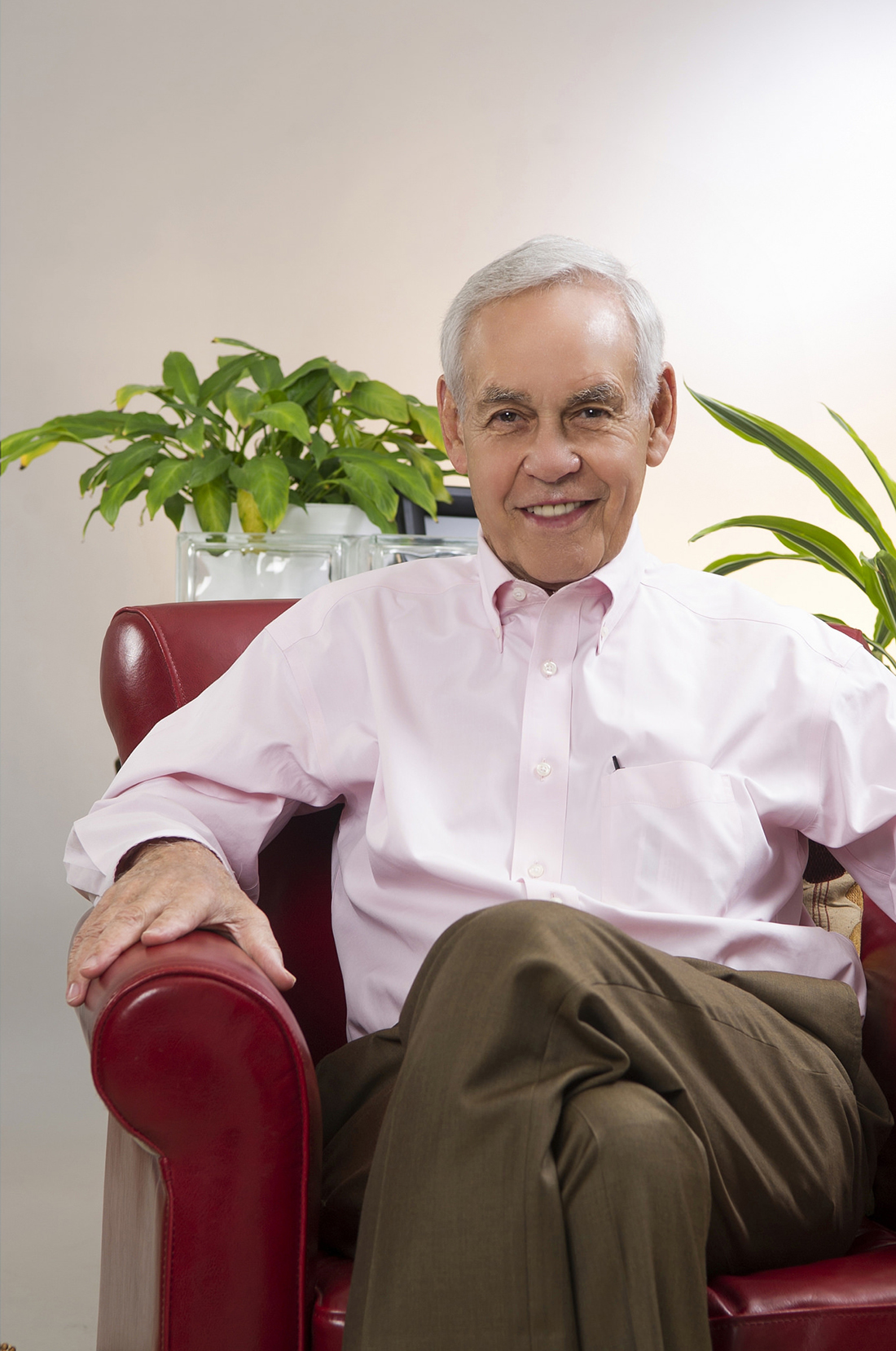 The visionary: Dr. C. Moody Alexander
The visionary: Dr. C. Moody Alexander
Motivation behind dreaming up Great Expectations: “Over the years I have asked practicing dentists, ‘Do you remember how you felt as a first-year dental student?’ Many said they felt overwhelmed, lost, scared or intimidated.
“It is so much better now, and schools realize that there’s got to be a better way. Great Expectations: Mentoring Professionalism has a chance to be that better way.
“Dr. Art Dugoni from The University of The Pacific School of Dentistry has been a tremendous inspiration and got us started in the right direction.”
How the mentoring program has met — and exceeded — his expectations:
“After completing the program, it’s amazing how many of the students want to volunteer to help as student mentors. They want to ‘put something back.’ Drs. Collin Kraus, Chad Capps and others even continued to mentor while they were in graduate school. The student mentors have ‘been there and done that,’ and they love to teach and share solutions. Many of the pitfalls and problems are still fresh on their minds.
“Dr. Gannaway has been able to bring together administrators, basic science faculty, clinical instructors and practicing dentists from the community. It really does pull them together in a unique way to try to help that first-year dental student. We all have a common goal: student success.”
What lies ahead: “As Dr. John Findley says, ‘We can create the future.’ We can continue to make Great Expectations better every year under the excellent guidance of Dr. Mark Gannaway and his ‘team.’
“Also, Drs. Larry Herwig, Tommy Harrison, Jacqueline Plemons and others realize the need for a mentoring program for graduating seniors to help them as they transition into what Dr. Herwig calls the ‘shark-infested waters of private practice.’ There is a leadership group already making plans.
“Dr. Larry Herwig’s ranch party at the end of the year is sponsored by the Baylor College of Dentistry Alumni Association. Maybe this could be expanded to include selected alumni to work on the above-mentioned goal.”
Great Expectations by the month
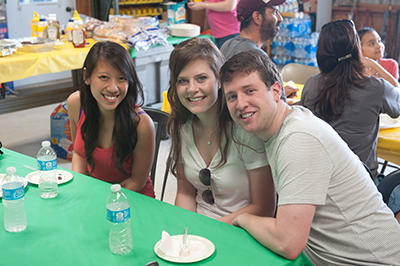
Each small group is composed of up to nine first-year dental students, two third-year student mentors, two fourth-year student mentors, a faculty member and an International College of Dentists mentor. Some Dallas County Dental Society members also began mentoring in fall 2012.
August: First-year students attend an ice cream social in the college’s sixth floor foyer. The topics of discussion include time and stress management.
September/October: These meetings are at the office of each group’s respective International College of Dentists mentor. This meeting, which often includes dinner, is structured to give students a taste of private practice life.
November: Dinner at the Dallas County Dental Society office allows DCDS mentors to meet with students. Talking points include ethics, professionalism and the benefits of organized dentistry.
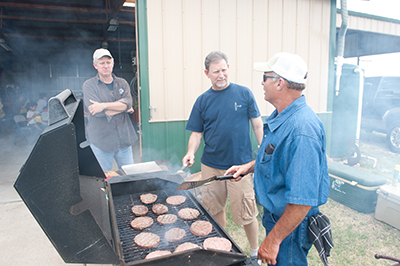
February/March: These small group meetings, typically at ICD and TAMBCD mentors’ homes, may include student topics of interest and a personality test.
April: A cookout at 1984 alumnus Dr. Larry Herwig’s ranch gives students and mentors the chance to visit, fish, play volleyball and horseshoes, and more.